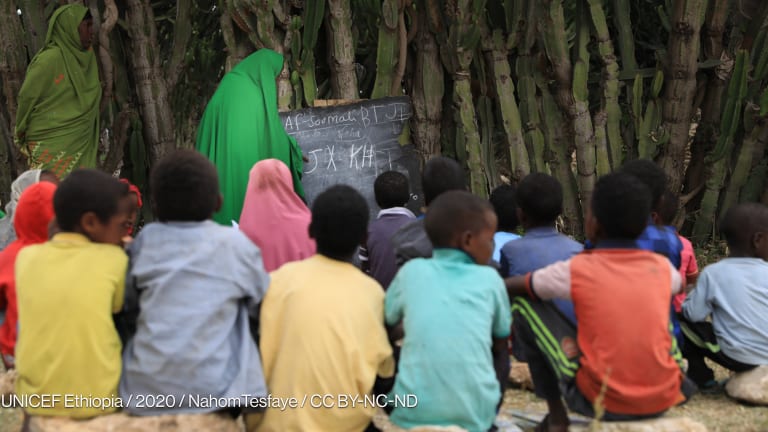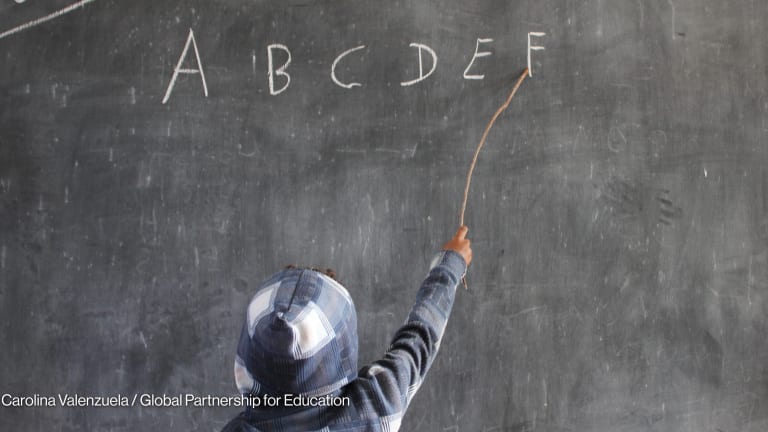Budget cuts in Washington, London, and beyond mean students across the world are at risk of losing access to their classrooms.
Since the Trump administration’s January dismantling of USAID, the world’s largest bilateral donor to the education sector, delivery partners have had to cancel 396 education programs in 58 countries.
This was followed by the shocking news that another traditional education-backer, the U.K.’s Foreign, Commonwealth & Development Office, is set to deprioritize education within its own dramatic budget cuts.
Printing articles to share with others is a breach of our terms and conditions and copyright policy. Please use the sharing options on the left side of the article. Devex Pro members may share up to 10 articles per month using the Pro share tool ( ).








